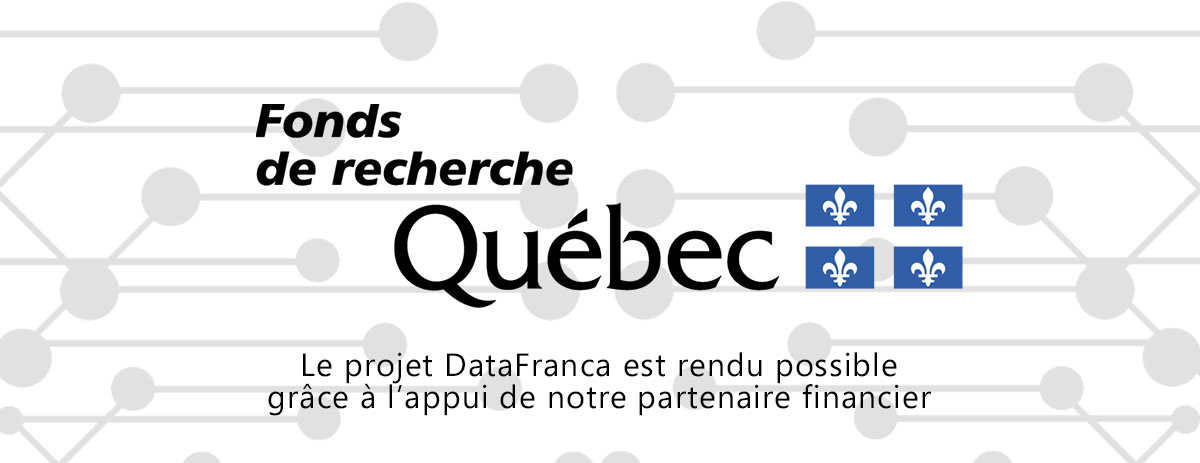« Programmation logique abductive » : différence entre les versions
Aucun résumé des modifications |
m (Remplacement de texte — « Termes privilégiés » par « Français ») Balises : mobile edit mobile web edit |
||
| Ligne 8 : | Ligne 8 : | ||
== | == Français == | ||
Version du 31 décembre 2018 à 12:43
Domaine
Vocabulary
Définition
Français
Anglais
Abductive logic programming
Abductive logic programming (ALP) is a high-level knowledge-representation framework that can be used to solve problems declaratively based on abductive reasoning. It extends normal logic programming by allowing some predicates to be incompletely defined, declared as abducible predicates. Problem solving is effected by deriving hypotheses on these abducible predicates (abductive hypotheses) as solutions of problems to be solved. These problems can be either observations that need to be explained (as in classical abduction) or goals to be achieved (as in normal logic programming). It can be used to solve problems in diagnosis, planning, natural language and machine learning. It has also been used to interpret negation as failure as a form of abductive reasoning.
Contributeurs: Claude Coulombe, Jacques Barolet, wiki










